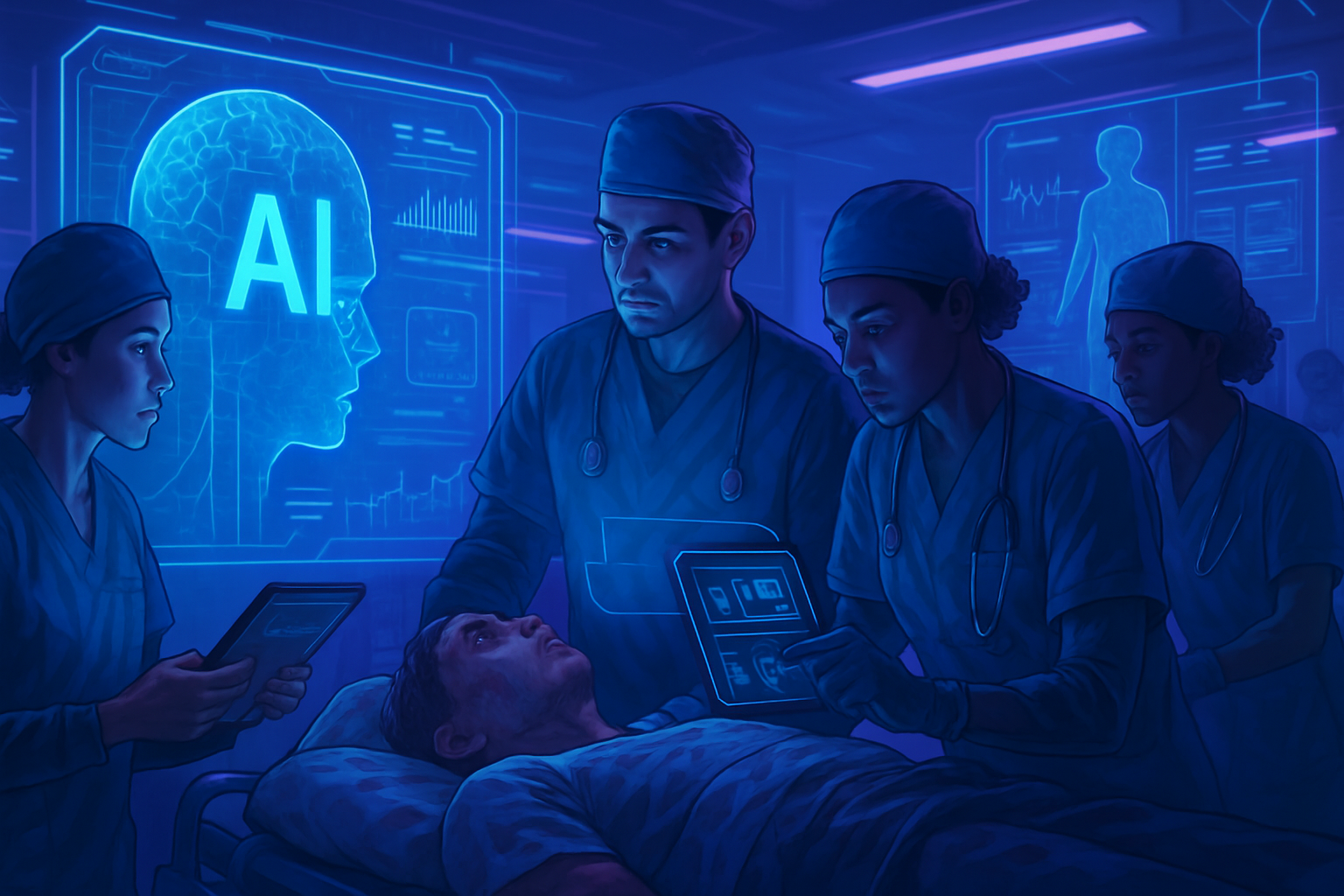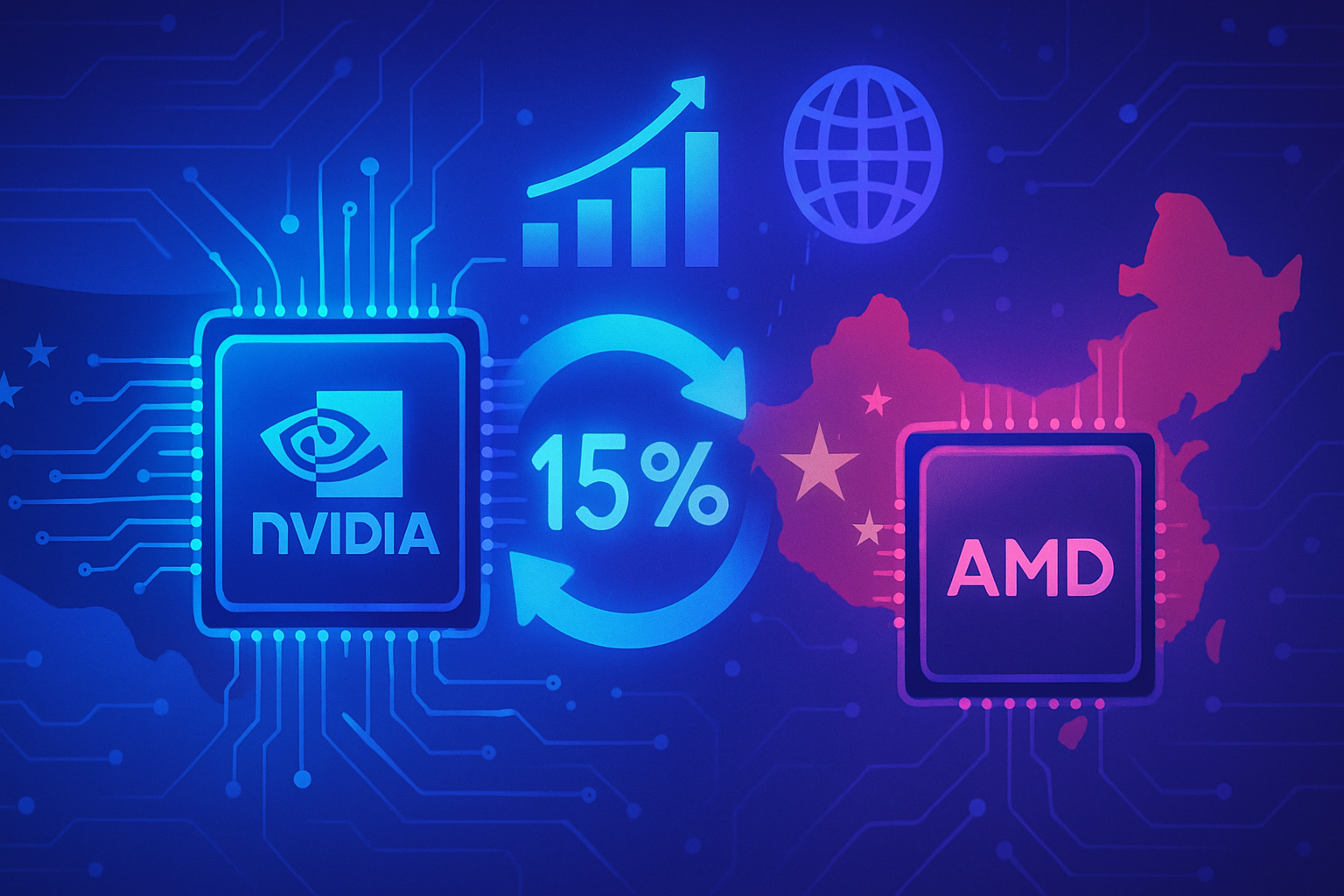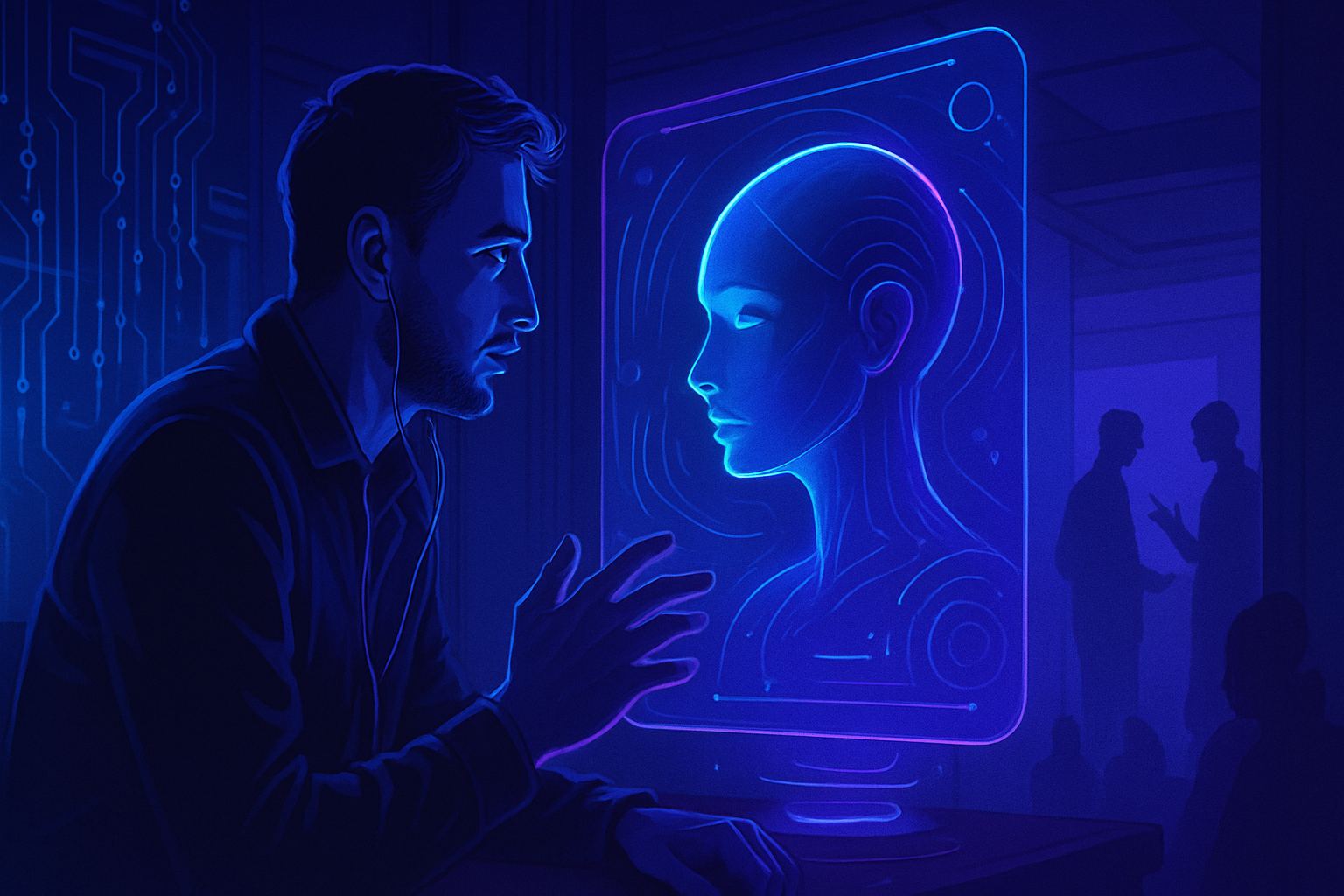Artificial intelligence is revolutionizing the medical sector, bringing innovative solutions to the challenges faced in emergency situations. An effective triage of patients suffering from severe trauma depends on every second; each decision must be quick and precise. Advanced technologies enhance diagnostic accuracy while optimizing the allocation of medical resources. The integration of AI algorithms allows doctors to focus their efforts on the most critical cases. The combination of human skills and algorithms creates an essential synergy in managing emergency situations. The strategic use of AI transforms our approach to medical emergencies, thus offering an increased hope for recovery for victims.
The integration of artificial intelligence in emergencies
Emergency services, often overwhelmed by an influx of patients, must ensure rapid and effective care. The management of patient triage, especially for those suffering from severe trauma, represents a significant challenge. The application of artificial intelligence (AI) appears as an innovative solution to optimize these critical processes.
The key role of initial triage
Triage is a vital process at the entrance to emergencies, determining the priority of care provided. Doctors must quickly assess the severity of patients’ injuries. This preliminary diagnosis guides medical teams towards necessary actions, such as preparing an operating room in case of hemorrhage. Poor direction at this stage can have irreversible consequences.
The Shockmatrix technology in action
A multidisciplinary team from CHU de Grenoble has developed a tool called Shockmatrix, designed to assist triage. This tool is based on a machine learning algorithm, analyzing data from 50,000 hospital admissions related to severe trauma. By cross-referencing this information, the AI proposes a diagnosis that can improve patient care.
The concrete benefits of AI
The results of integrating AI into the triage process reveal a notable improvement in terms of accuracy and speed. Doctors gain valuable time, allowing them to focus on the most urgent cases. By alleviating the cognitive load on caregivers, this technical innovation heralds a promising trend in the medical field.
Risk reducers and improvement of care
Studies show that using algorithms like Shockmatrix can decrease diagnostic errors, fostering more informed clinical decisions. This synergy between artificial intelligence and human reasoning can transform the experience of severely injured patients, thereby increasing their chances of survival and recovery.
Future perspectives for AI in medicine
The collaboration between the medical sector and tech companies like Capgemini signals an increased integration of AI into the healthcare system. The commitment of the French government to initiatives such as Dare AI also reflects the growing interest in optimizing care through new technologies.
The applications of AI are diversifying, touching various fields such as continuous diagnostics or decision-making assistance. An artificial intelligence capable of generating interactive environments could ultimately enrich the training of healthcare professionals.
Conclusion on the use of AI in emergency situations
The emergence of artificial intelligence in emergency services represents a decisive turning point. These technologies enable more effective care of urgent patients and illustrate the evolution of medical practices. The fusion of advanced technology and human skills could redefine the landscape of healthcare. Doctors in emergency departments have a new valuable ally.
User FAQ on artificial intelligence in emergencies
What is the importance of artificial intelligence in the triage of traumatized patients?
Artificial intelligence improves the accuracy of patient triage by quickly analyzing massive data related to previous cases, which can guide medical teams on the urgency of intervention.
How can artificial intelligence reduce wait times for patients in emergencies?
By utilizing advanced algorithms, artificial intelligence allows for rapid and effective assessment of injuries, which speeds up the decision-making process and reduces care delays.
What types of data are used to train artificial intelligence algorithms in emergency services?
Algorithms are typically fed historical data such as medical records, types of injuries, response times, and clinical outcomes, making them more effective in diagnosis.
What are the benefits for doctors when using AI in triage?
Doctors benefit from support in decision-making, a reduction in the workload associated with manual assessments, and an increase in patient safety due to more accurate diagnostics.
Can artificial intelligence replace doctors in emergency services?
No, artificial intelligence is not meant to replace doctors, but to assist them by providing precise and rapid analyses that improve patient care.
What ethical challenges are associated with the use of artificial intelligence in medical emergencies?
Challenges include protecting patient privacy, ensuring algorithm transparency, and the need to minimize bias in automated decisions that may affect patient treatment.
How does AI manage complex emergency situations?
AI is designed to analyze various parameters in real-time and provide recommendations based on similar scenarios, thus helping doctors make informed decisions in critical situations.
What impacts have been observed after the implementation of AI in emergency services?
Studies show improvements in response times, a reduction in triage errors, and better allocation of medical resources, thus increasing the overall efficiency of emergency services.






